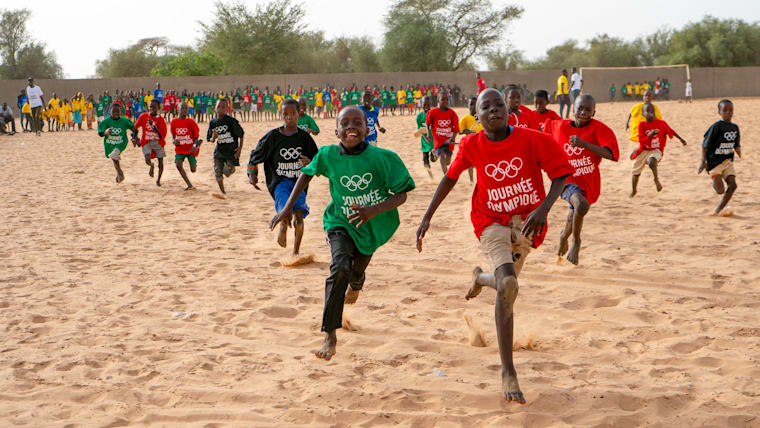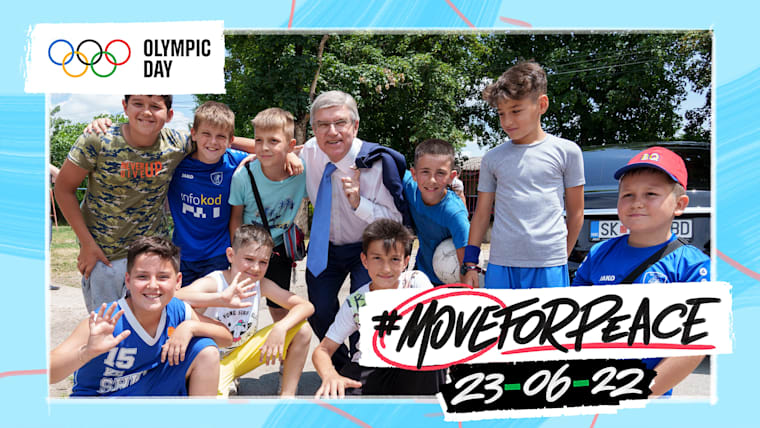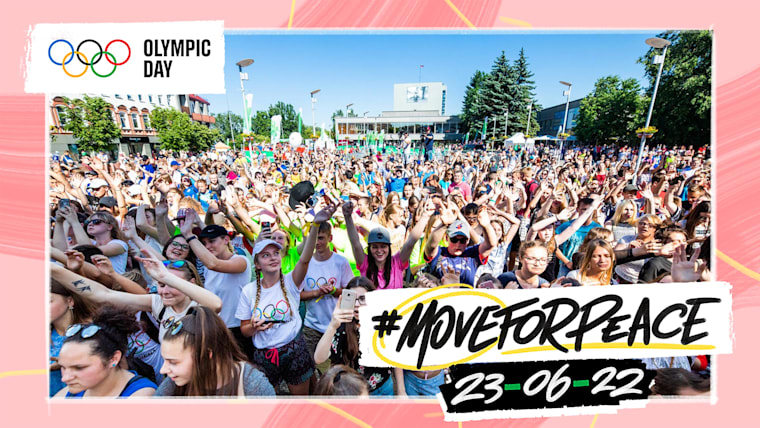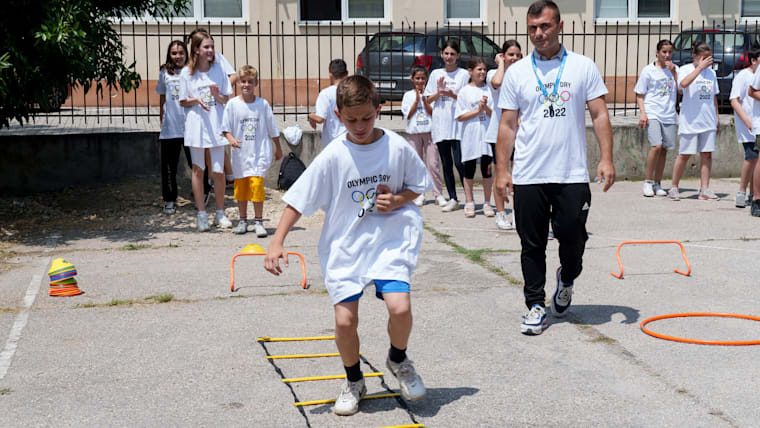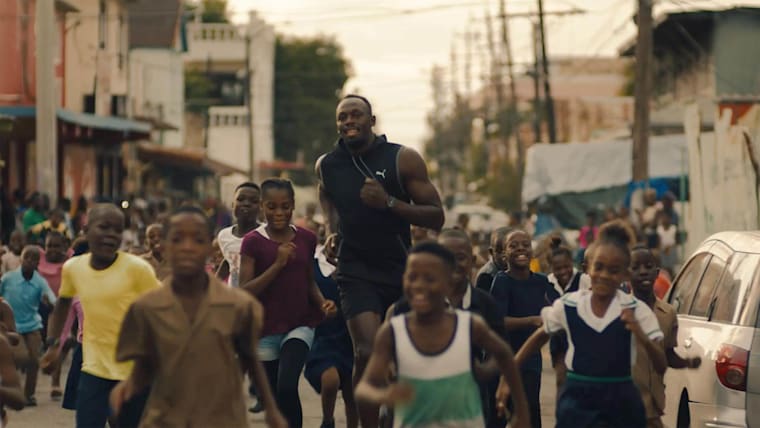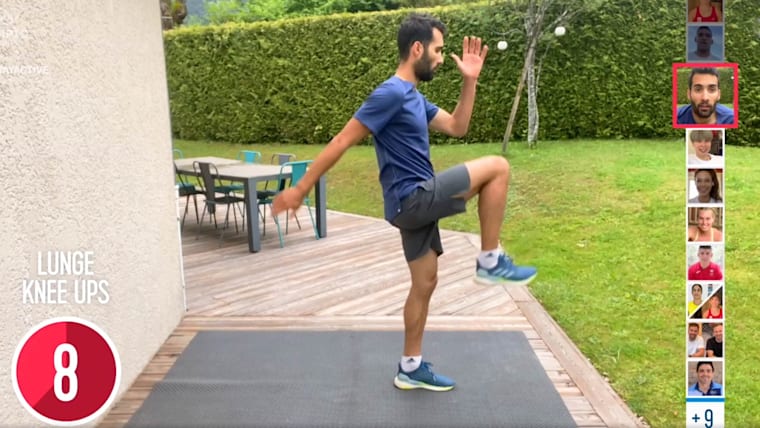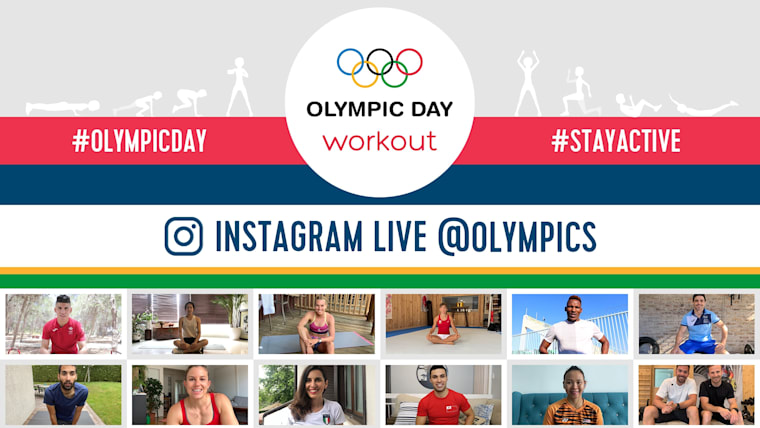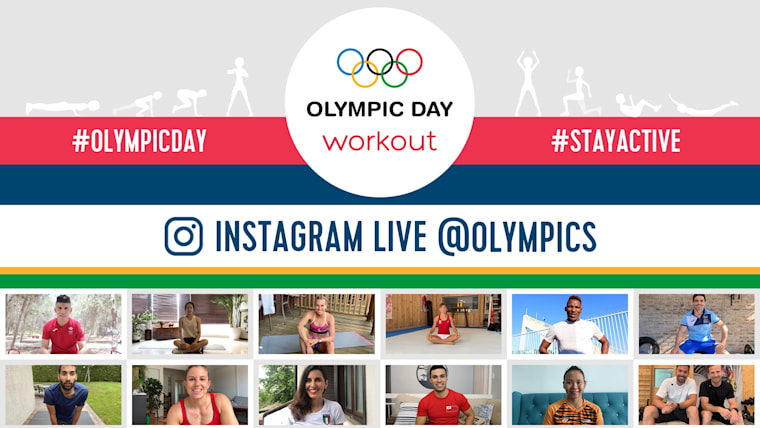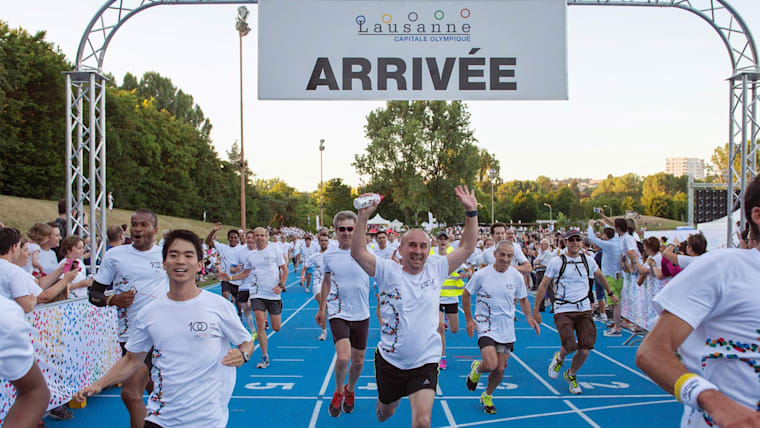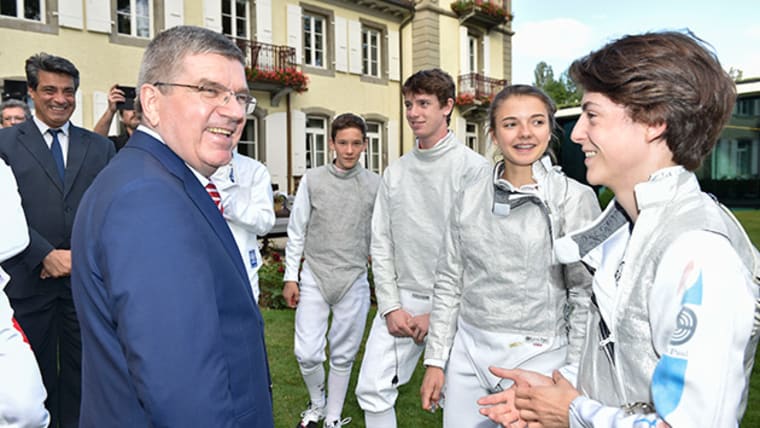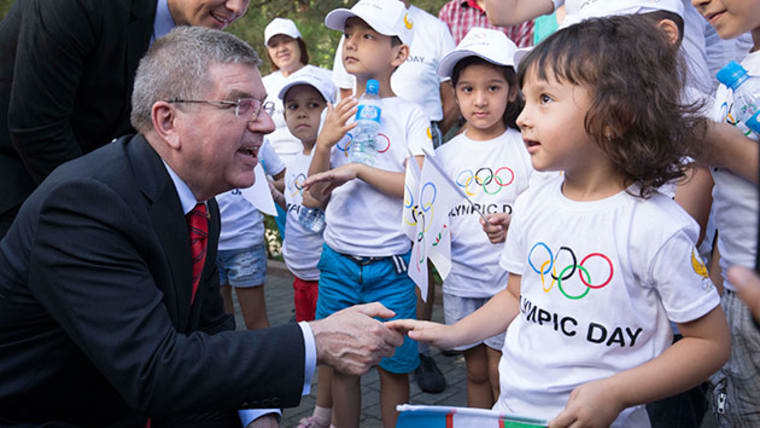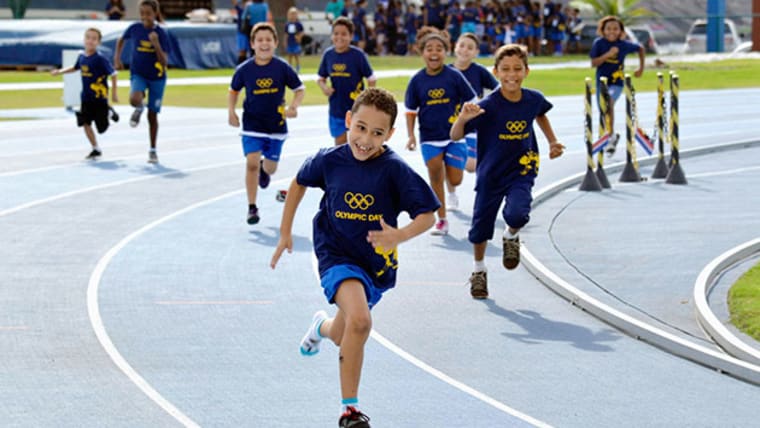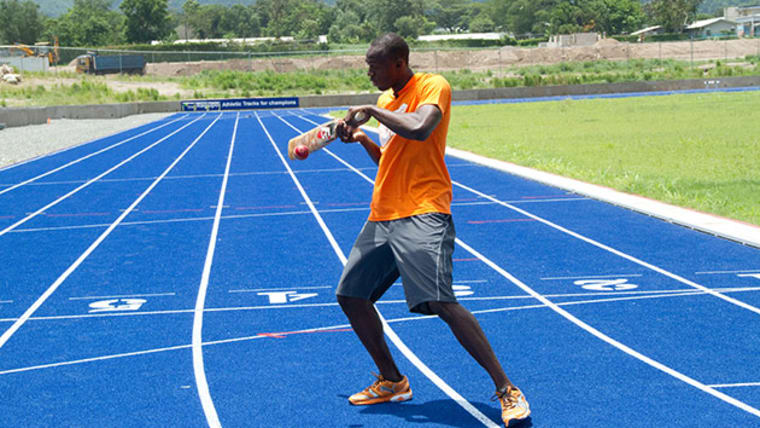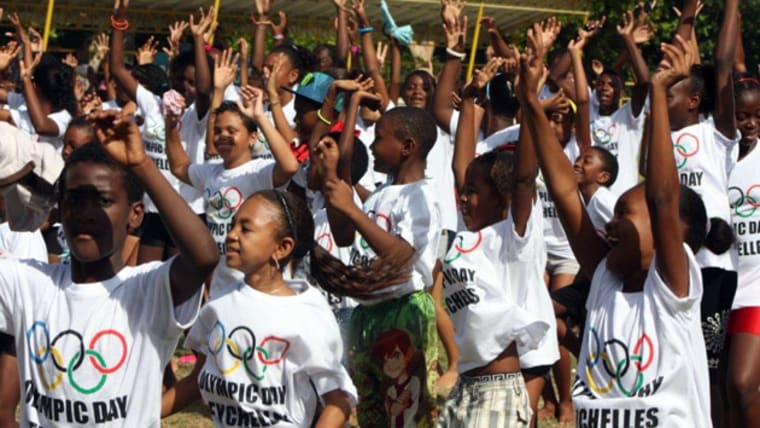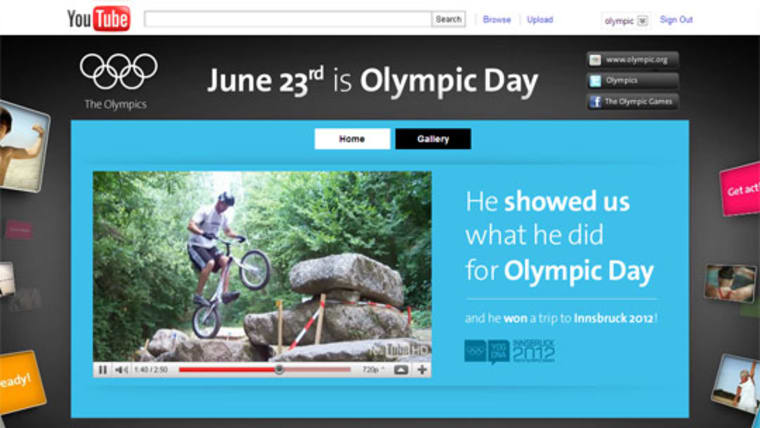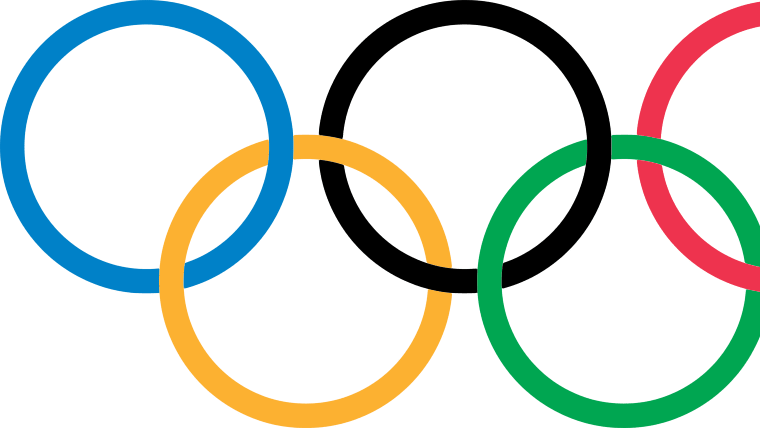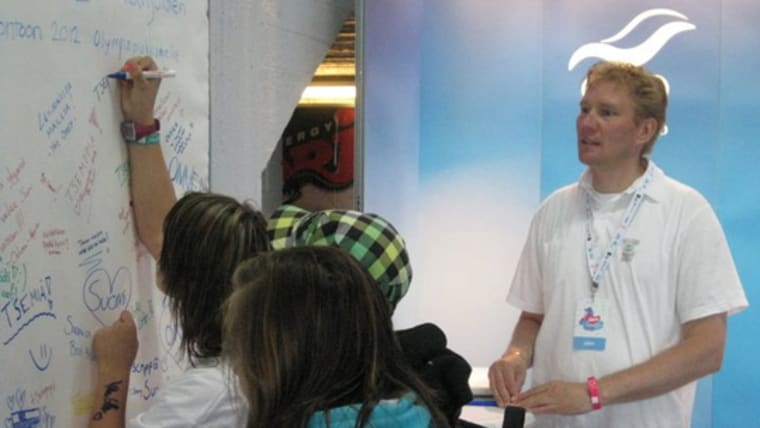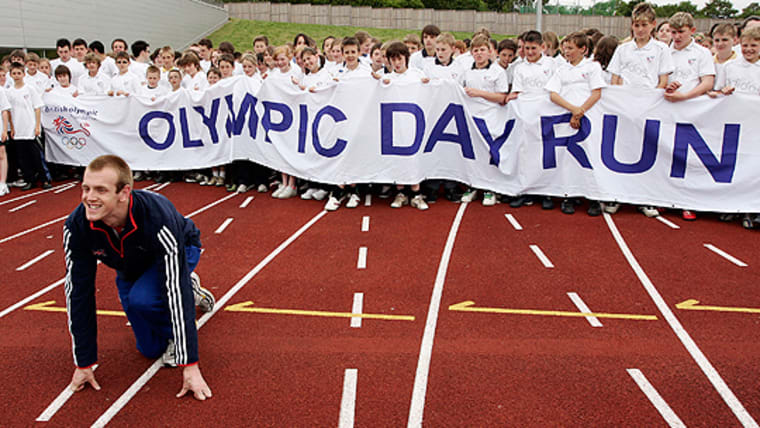Olympic Day

Olympic Day History
Background
It was in 1947 during the 41st Session of the International Olympic Committee in Stockholm, that Doctor Gruss, IOC member in Czechoslovakia, presented a report on a World Olympic Day celebration which would primarily be a day of promoting the Olympic idea. The project was adopted some months later on the occasion of the 42nd IOC Session in St Moritz in January 1948. The National Olympic Committees (NOCs) were put in charge of organising this event and were requested to choose a date between 17 and 24 June, thereby celebrating the founding of the International Olympic Committee at the Sorbonne, Paris, on 23 June 1894, where Pierre de Coubertin revived the Olympic Games.
The first Olympic Day
The first Olympic Day was celebrated on 23 June 1948. On this occasion, Sigfrid Edström, IOC President at that time, conveyed a message to the young people of the world. Portugal, Greece, Austria, Canada, Switzerland, Great Britain, Uruguay, Venezuela and Belgium organised an Olympic Day in their respective countries.
Olympic Day in the Olympic Charter
In the 1978 edition of the Olympic Charter, the IOC recommended for the first time that all NOCs organise an Olympic Day to promote the Olympic Movement: “It is recommended that NOCs regularly organise (if possible each year) an Olympic Day intended to promote the Olympic Movement.”
Olympic Day Run
The Olympic Day Run can be considered as the core activity of Olympic Day. First launched in 1987, it has been organised by NOCs to celebrate Olympic Day and promote the practice of mass sport. From 45 participating NOCs in the first edition in 1987, the numbers have grown to more than 150participating NOCs.
Today’s Concept
Olympic Day is developing into much more than a run or just a sports event. Based on the pillars of “Move, learn, discover – Together for a better world”, NOCs deploy sports, cultural and educational activities aimed at everybody – regardless of age, gender, social background or sporting ability. Some countries have incorporated the event into the school curriculum and, in recent years, many NOCs have added concerts and exhibitions to the celebration. Recent NOC activities have included meetings for children and young people with top athletes and the development of new websites directing people to programmes in their neighbourhood. This makes it easier for everybody to become part of Olympic Day. In recent years, the development of social media has helped the IOC to boost participation beyond NOC activities.
Sport always builds bridges and brings people together in peace and solidarity. On this Olympic Day, please join us as we call on everyone around the world: give peace a chance.
